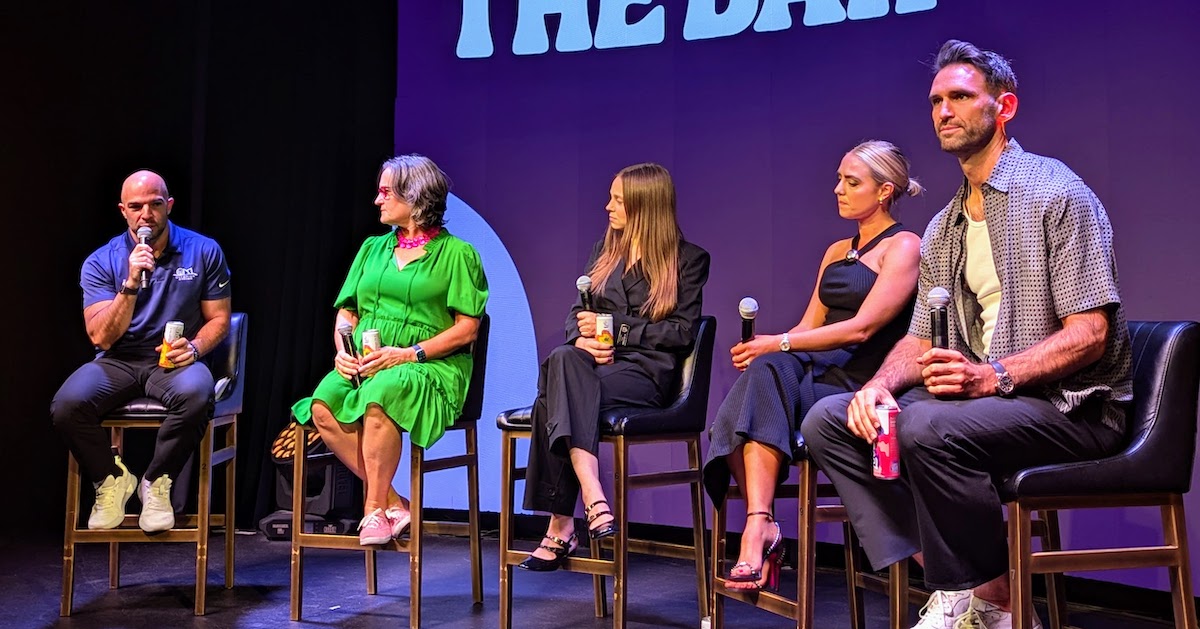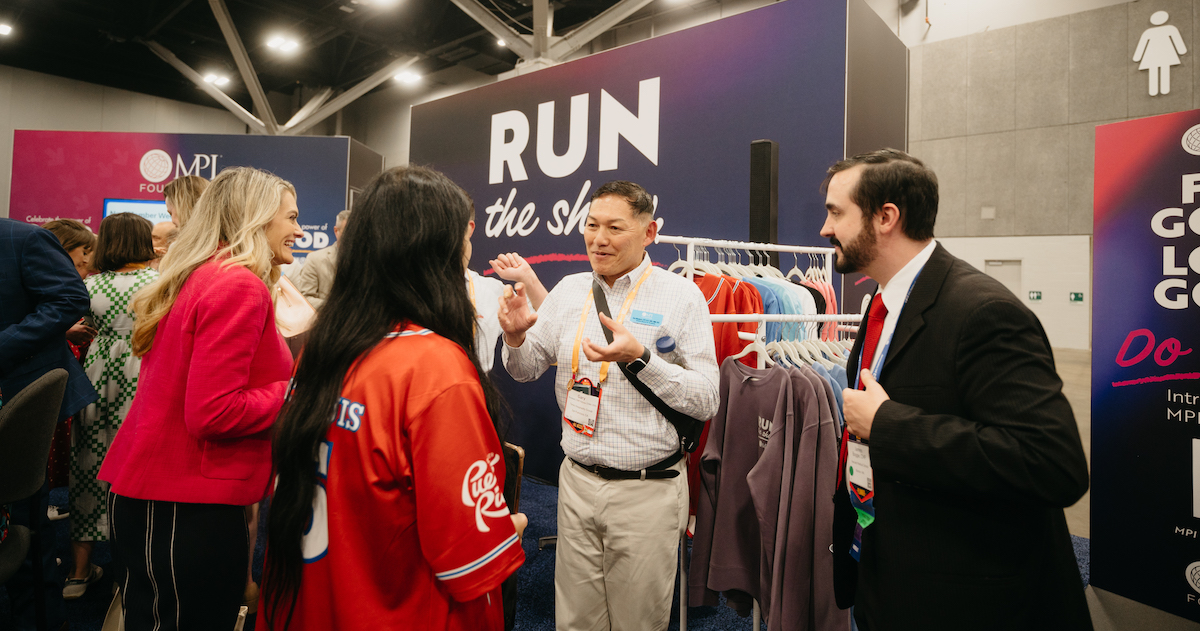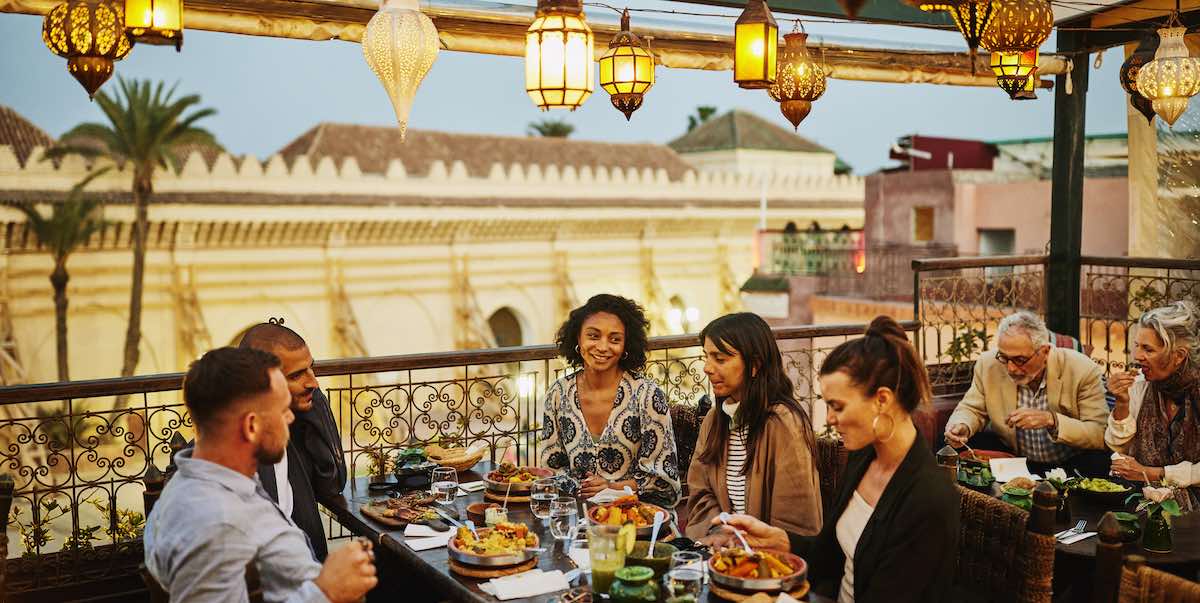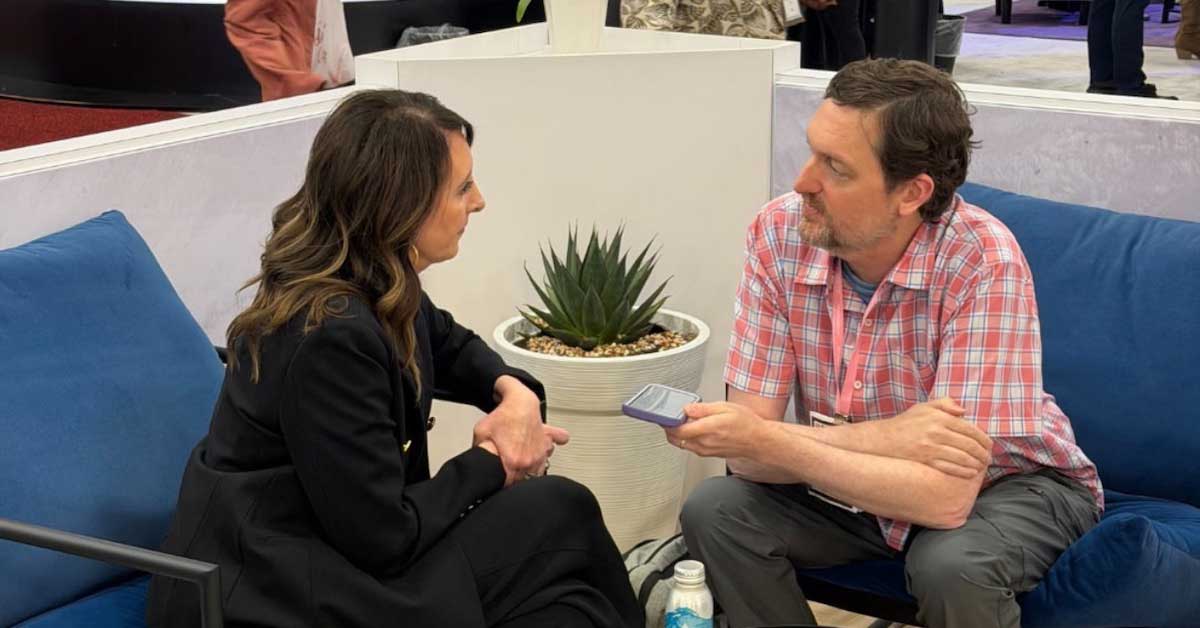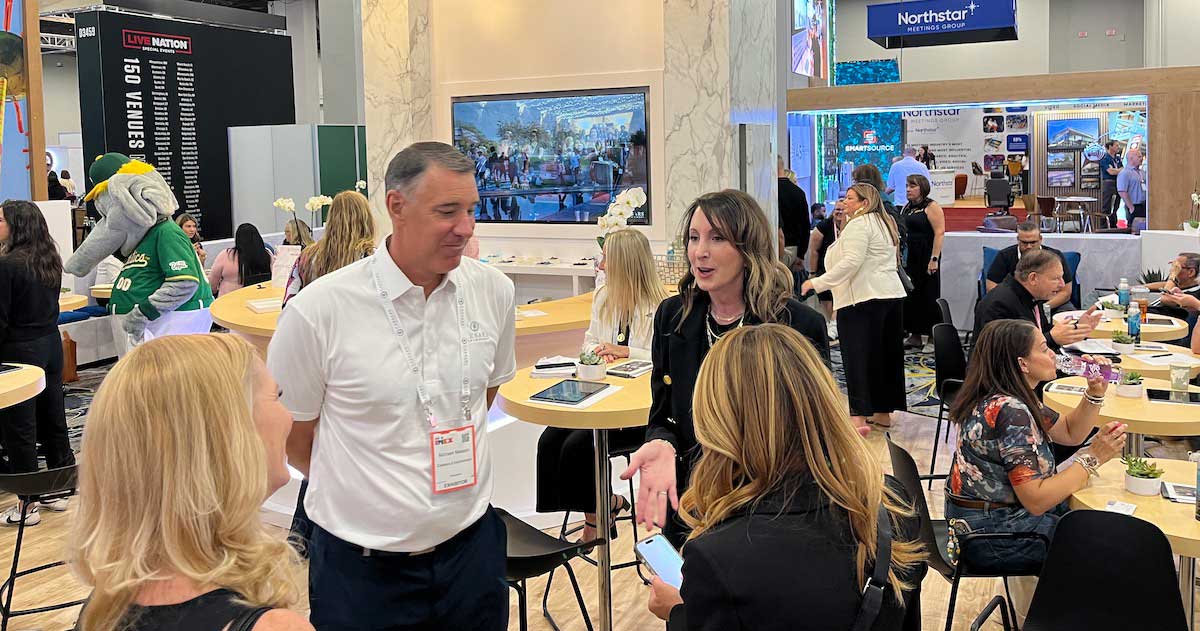A sober-inclusive happy hour is an absolute must for inclusive events. That was the sentiment at the Beyond the Bar discussion that took place at Jimmy Kimmel’s Comedy Club during IMEX America 2024, hosted by Caesars Entertainment and OTHR Agency in partnership with CEMA (the Corporate Event Marketing Association).
Moderated by David T Stevens, wellness architect at Olympian Meeting and host of the “Return on Wellness” podcast, the panel featured industry experts Alyssa Hart, global sales manager at OTHR Agency; Madelyn Olavarria, principal global sales and president of Women at AWS - Amazon Web Services; Tracy Stuckrath, founder and chief connecting officer at Thrive! Meetings & Events; and Carl Radke, advisor for Loverboy, owner of Soft Bar in Brooklyn and star of Summer House on Bravo.
Over Loverboy’s non-alc white peach tea, the conversation quickly turned candid, with raw sobriety stories and takes on the market shift towards healthy options. Some 38 percent of U.S. adults completely abstain from alcohol, according to a July 2023 Gallup survey. Several panelists noted that alcohol served at their events goes untouched, making it a waste of money and projecting the wrong company image. Gen Z attendees, a rising attendee demographic, are particularly known for going alcohol-free.
But the “soft” options at events are often limited to soda or water and sometimes non-alcoholic beer. Very rarely actual cocktails with premium ingredients and thoughtful flavor profiles—just without the alcohol content—are on the menu.
“Just because you don’t drink alcohol doesn’t mean you deserve a lesser experience,” Radke said.
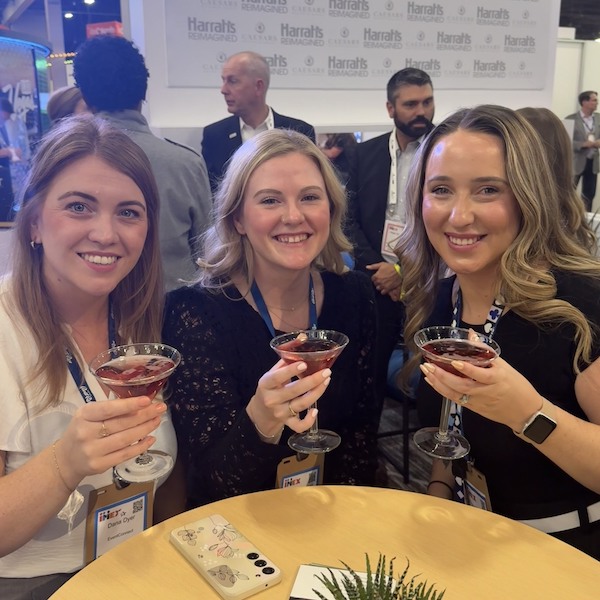
The market is shifting overall, with the sales of Guinness Zero projected to surpass the brand’s regular alcohol sales by 2027, he said, and major liquor companies investing in the non-alcoholic options.
Inclusion is one reason to be mindful of this trend.
“People want a permission structure to show up as their full self and feel valued,” Hart said. “Events are probably the biggest ‘third space’ right now, so we’ve got to think about the duty of care we have as gatherers of people in these spaces to make them feel included.”
Productivity is also not to be overlooked.
“We know when people are drunk or hungover they’re not showing up for the 8 a.m. session. They aren’t engaged or energized,” Olavarria said.
So what can planners do to be more inclusive when it comes to drinks? Stuckrath suggests asking about the available options during the RPF process and not assuming that they’re unavailable if not offered. Another route is negotiating to bring in your own items if the food and beverage menu can’t accommodate the requirements and putting the proper language in the contract.
Stuckrath cited a recent example when she had to get a local delivery company to bring the non-alcoholic items she was planning to serve at the bar from the local liquor store. This can also serve as an immediate conversion starter as the venue realizes how much they’re missing out.
When done right, mocktails offer a playful space with impactful opportunities for connection in a shared experience. Caesars Entertainment, for example, invited IMEX America attendees to toast on the show floor with the Double B.S. mocktail, featuring zero-proof bourbon, ginger beer and fresh raspberries, making it a fun and festive moment for all.
